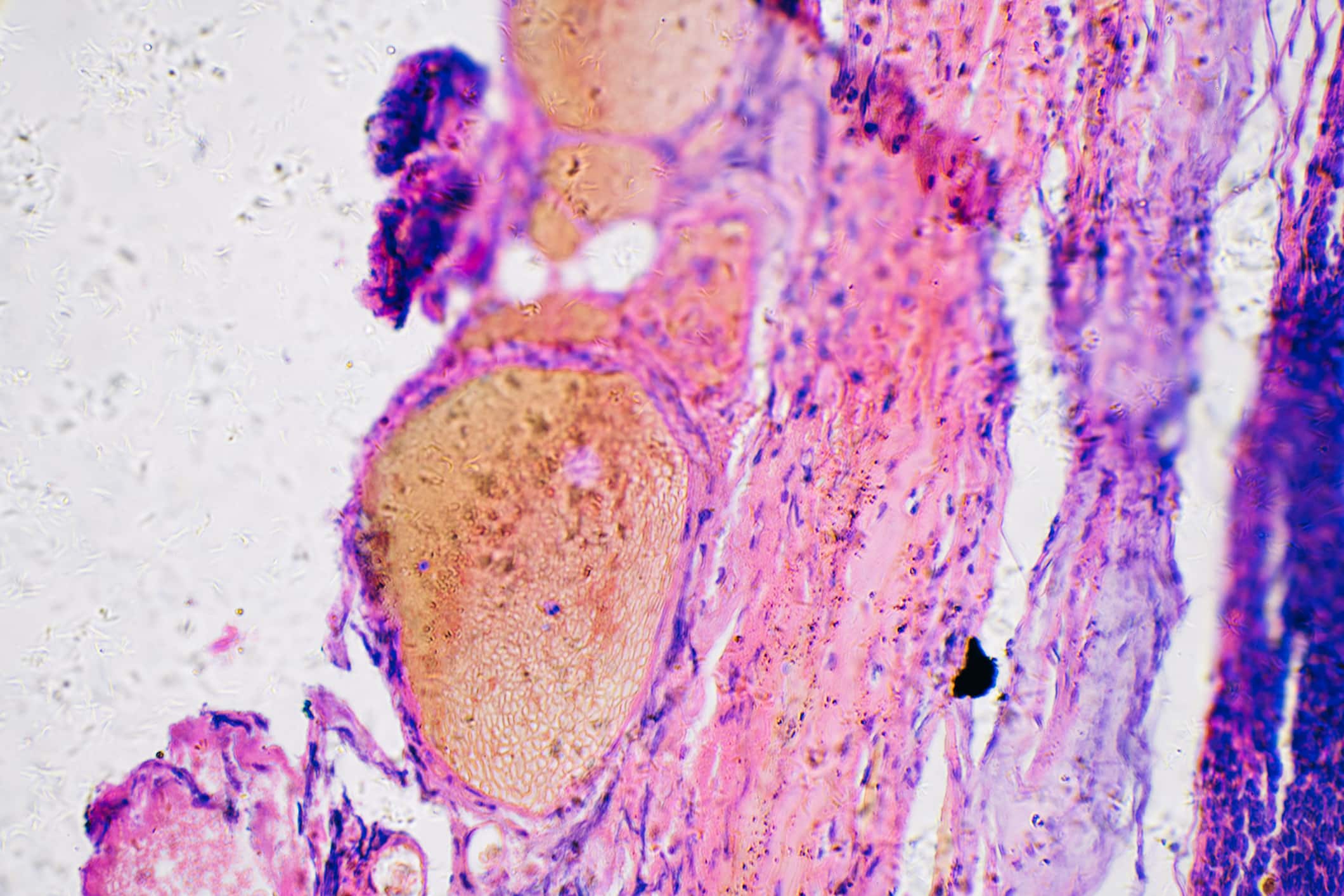
Each year in the United States, more than 53,600 people learn they have melanoma. This number has more than doubled in the past 30 years.
But what is melanoma?
Let’s start with a basic explanation of how your skin functions:
The Skin
The skin is the body’s largest organ. It protects against heat, sunlight, injury, and infection. It helps regulate body temperature, stores water and fat, and produces vitamin D.
There is a myth that dark skin doesn’t burn, and therefore doesn’t need sunscreen. The reality is that all complexions can burn. Darker skin does provide some protection from the sun’s UV rays – it has more melanin for natural protection — but you can’t count on that alone.
The skin has two main layers: the outer epidermis and the inner dermis.
- The epidermis is mostly made up of flat, scalelike cells called squamous cells. Round cells called basal cells lie under the squamous cells in the epidermis. The lower part of the epidermis also contains melanocytes.
- The dermis contains blood vessels, lymph vessels, hair follicles, and glands. Some of these glands produce sweat, which helps regulate body temperature. Other glands produce sebum, an oily substance that helps keep the skin from drying out. Sweat and sebum reach the skin’s surface through tiny openings called pores.
What Is Melanoma?
Melanoma is a type of skin cancer. It begins in cells in the skin called melanocytes.
Melanoma is more than 10 times higher in whites compared to blacks, but over a five-year span, blacks have a 78 percent lower survival rate compared to 92 percent of whites, according to study background material. One reason might be that melanoma in blacks usually is first seen only the disease’s advanced stages, researchers suggest.
To understand melanoma, it is helpful to know about the skin and about melanocytes—what they do, how they grow, and what happens when they become cancerous.
Melanocytes & Moles
Melanocytes produce melanin, the pigment that gives skin its natural color. When skin is exposed to the sun, melanocytes produce more pigment, causing the skin to tan, or darken.
Sometimes, clusters of melanocytes and surrounding tissue form noncancerous growths called moles. (Doctors also call a mole a nevus; the plural is nevi.) Moles are very common. Most people have between 10 and 40 moles. Moles may be pink, tan, brown, or a color that is very close to the person’s normal skin tone. People who have dark skin tend to have dark moles. Moles can be flat or raised. They are usually round or
oval and smaller than a pencil eraser. They may be present at birth or may appear later on—usually before age 40. They tend to fade away in older people.
When moles are surgically removed, they normally do not return.
Understanding Cancer
Cancer begins in cells, the building blocks that make up tissues. Tissues make up the organs of the body. Normally, cells grow and divide to form new cells as the body needs them. When cells grow old, they die, and new cells take their place.
Sometimes this orderly process goes wrong. New cells form when the body does not need them, and old cells do not die when they should. These extra cells can form a mass of tissue called a growth or tumor. Not all tumors are cancer.
Tumors can be benign…
- Benign tumors are non-cancerous.
- They are rarely life threatening.
- Usually, benign tumors can be removed, and they seldom grow back.
- Cells from benign tumors do not spread to tissues around them or to other parts of the body.
or malignant…
- Malignant tumors are cancerous.
- They are generally more serious and may be life threatening.
- Malignant tumors usually can be removed, but they can grow back.
Research continues to teach us more about melanoma. Scientists are learning more about its causes. They are exploring new ways to prevent, find, and treat this disease. Because of research, people with melanoma can look forward to a better quality of life and less chance of dying from this disease.









